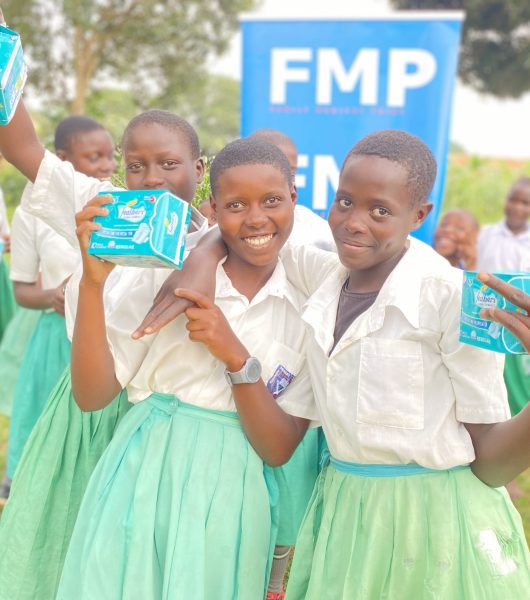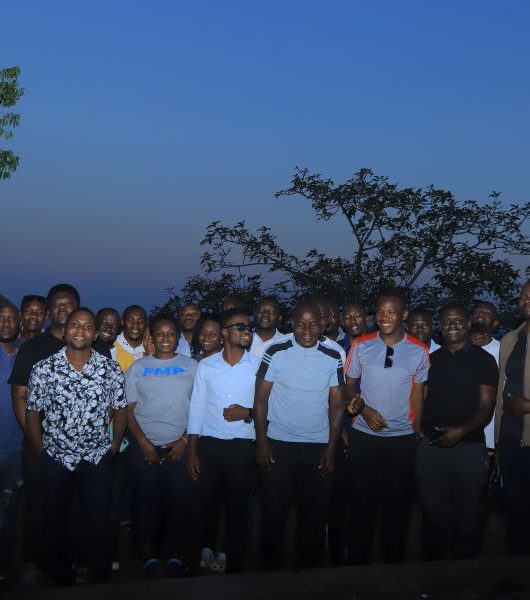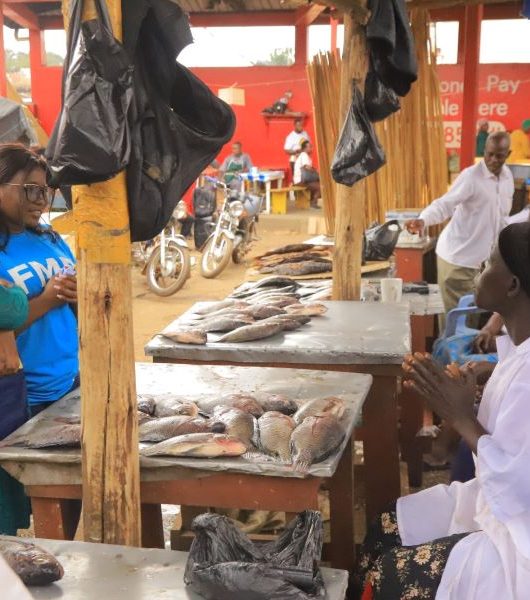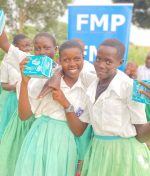
By: Munghesi Jacob Junior
On July 7th, I came across a deeply troubling exposé in the Daily Monitor, titled “Shadowy brokers fuel unsafe abortion clinics.” It shed light on a dark and dangerous reality that many of us have either experienced or come across at some point which has destroyed so many lives

The article follows the heartbreaking stories of two young women: Daphne, a 24-year-old final-year university student who survived but now lives with severe post-abortion complications, and Lydia Nabbanja, a second-year student whose life was tragically cut short due to a botched abortion carried out in one of Kampala’s many informal clinics. These young women aren’t just headlines — they are the faces of a systemic failure that continues to thrive in the shadows of our cities and institutions.
Uganda’s legal framework around abortion remains restrictive. According to Article 22(2) of the 1995 Constitution, abortion is illegal except as authorized by law and the Penal Code Act further criminalizes abortion except under certain circumstances (which circumstances are not even clear), leaving thousands of young people in a dangerous limbo — often with nowhere safe to turn.
This restrictive landscape fuels fear, stigma, and misinformation, driving young women into the hands of unregulated abortion brokers who operate near schools, on social media, and even around health centers. These brokers promise quick, discreet solutions. But in reality, they funnel girls into unlicensed clinics, often staffed by unqualified individuals using unsafe and invasive methods.
According to the Ministry of Health’s 2018 Annual Health Sector Performance Report, unsafeabortion accounted for at least 5.3% of maternal deaths in Uganda. Yet more recent estimates cited by Ministry of Health indicate that unsafe abortions account for a significant proportion of maternal deaths, placing it at around 25%. And still, we lack publicly available data from the Ministry for 2024 — which itself reflects the silence that continues to surround this crisis.
This rise in unsafe abortion is a direct result of a system that has failed to provide comprehensive sexuality education, youth-friendly SRHR services, and safe, legal options. Many young women lack accurate information, confidential services, and supportive environments.
We need legal reform and policy clarity that protects women’s health and expands access to safe abortion under clearly defined circumstances. There’s need to scale up post-abortion care in all public and private health facilities to offer non-judgmental, affordable, and confidential post-abortion care — no matter the cause of the abortion. Comprehensive sexuality education and community sensitization to reduce stigma should be prioritized such that no girl dies because she feared being judged. Our communities must shift from shame to empathy, from silence to support.
To every girl reading this: you matter. Your health matters. Your life matters. If you or someone you know needs support, please reach out. You are not alone — and you never should be.








